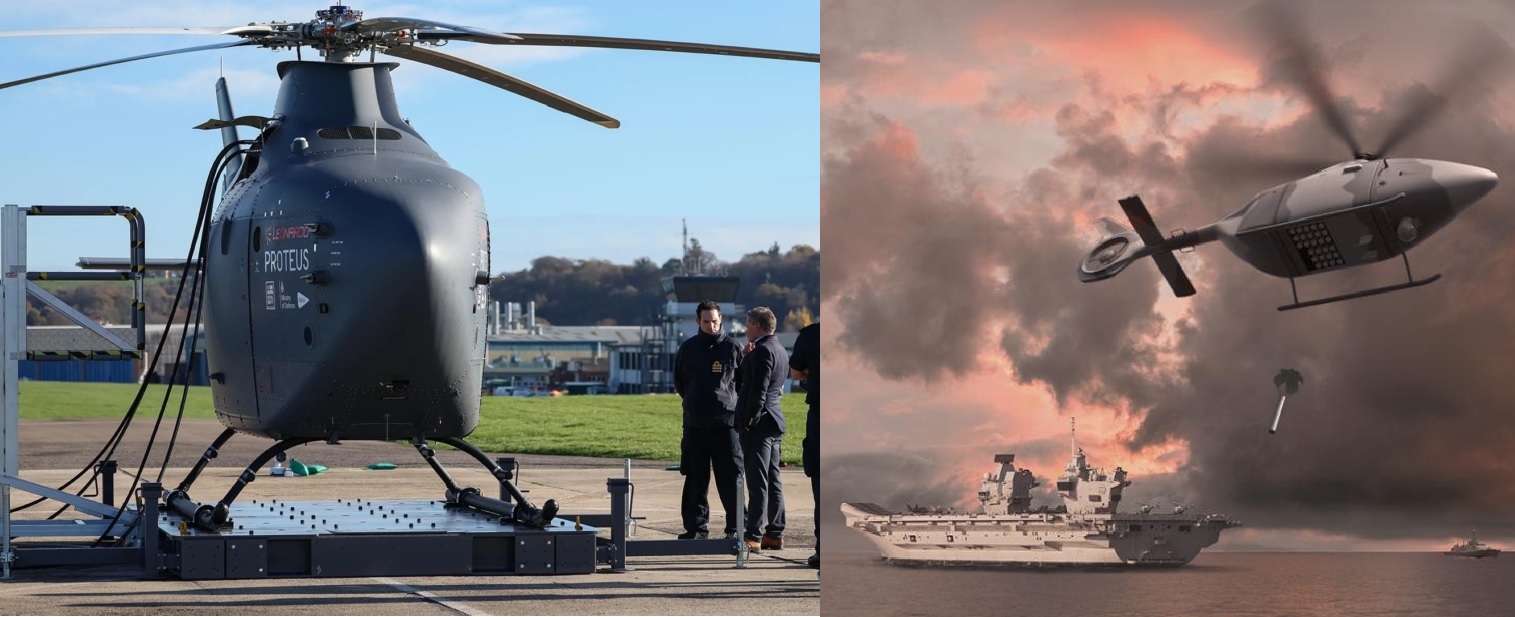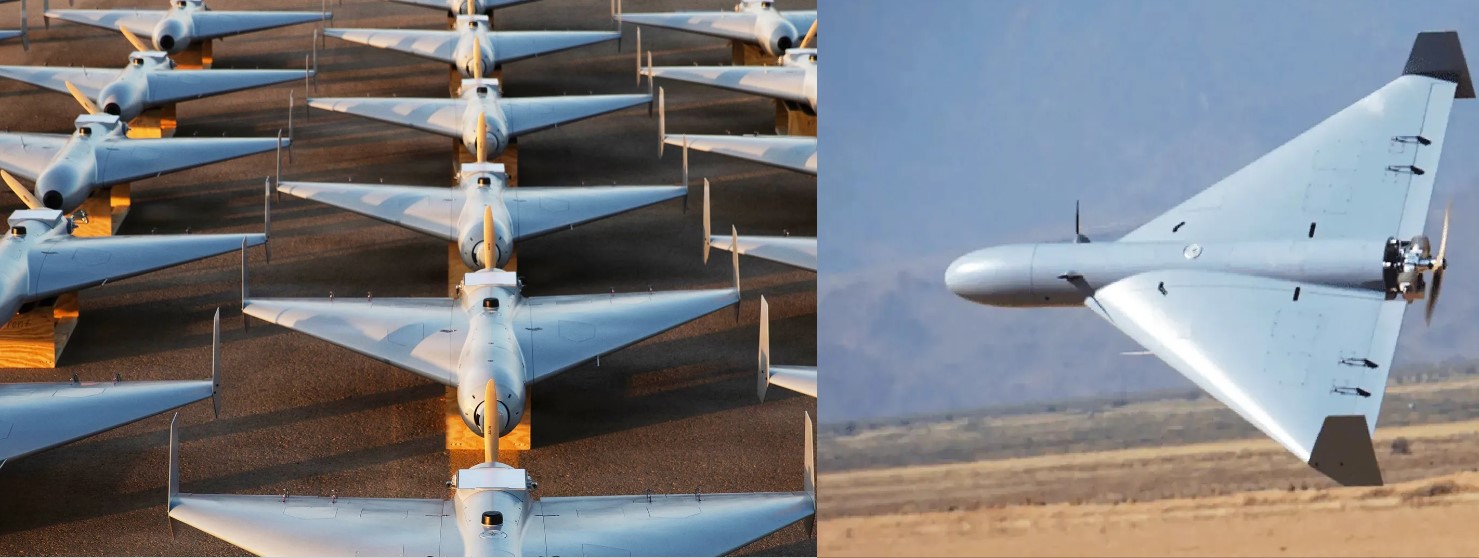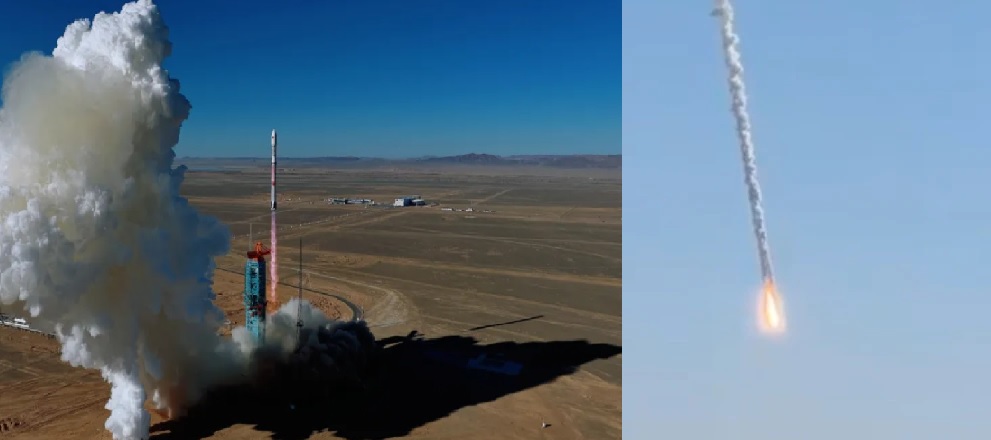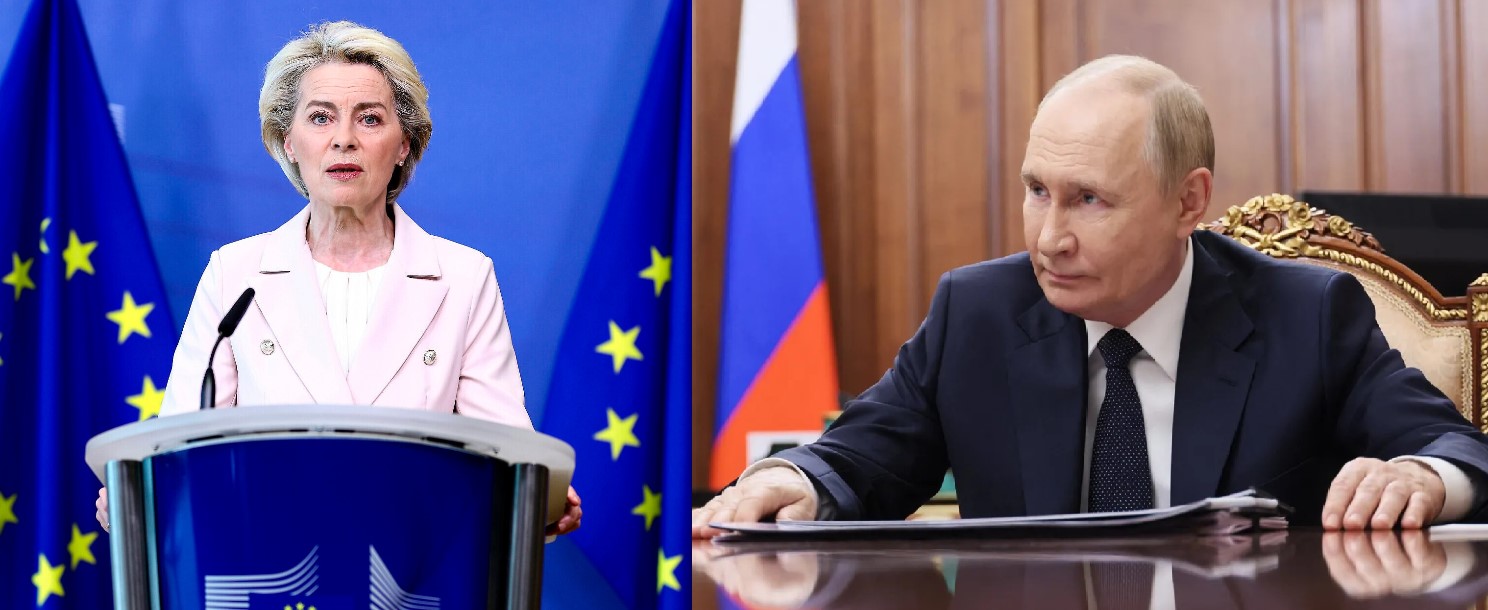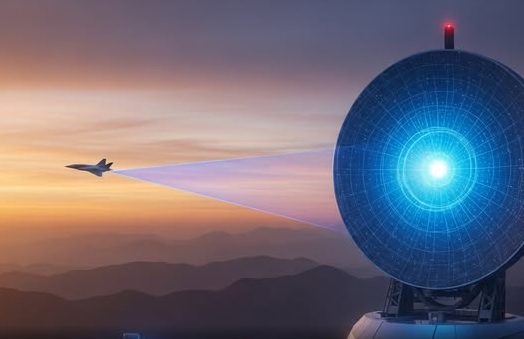Putin Expected in India for 23rd Annual Summit on December 5–6

Russian President Vladimir Putin is expected to visit India on December 5–6, 2025, to take part in the 23rd annual India-Russia summit. If the visit goes ahead, it will mark his first trip to India since the beginning of the Russia-Ukraine conflict in early 2022. The meeting will provide an occasion for both countries to review their partnership and adjust to changing global circumstances.
The mechanism of annual summits between India and Russia has been in place since 2000, with meetings held alternately in both countries. These summits represent the highest-level review of the bilateral relationship, covering areas such as defence, energy, trade, and regional security. The last in-person summit took place in July 2024, when Prime Minister Narendra Modi travelled to Moscow. Putin’s last visit to New Delhi was in December 2021. Ahead of the 2025 summit, Russian Foreign Minister Sergey Lavrov is scheduled to travel to India in November to finalize the agenda.
Trade and energy cooperation will be central to the talks. Russia has emerged as a key supplier of crude oil to India over the past three years, especially at discounted rates amid Western sanctions. This has helped India secure affordable energy, though it has also drawn criticism from the United States and NATO partners. At the same time, India has expressed concern about the widening trade imbalance, as imports from Russia far outweigh India’s exports. Both sides are expected to consider ways of making trade more balanced, including settlement mechanisms that avoid reliance on the US dollar.
Defence cooperation is another area expected to dominate the discussions. Russia remains one of India’s largest defence suppliers, with equipment ranging from S-400 air defence systems to nuclear-powered submarines and fighter aircraft. Russian officials have also indicated readiness to offer advanced technology transfers and joint development projects, including the possibility of future fighter aircraft collaborations. These proposals fit within India’s ‘Make in India’ framework, which seeks to expand domestic defence manufacturing while ensuring a steady supply of modern capabilities for the armed forces. Ensuring timely delivery of spare parts and maintenance support for existing Russian-origin systems will also be a practical matter on the table.
Connectivity projects are likely to feature in the conversation as well. India and Russia are working together on the International North-South Transport Corridor (INSTC), which aims to link India with Russia through Iran and Central Asia, reducing dependence on longer maritime routes. Cooperation in the Arctic, particularly in energy exploration and shipping through the Northern Sea Route, is another potential area of expansion, reflecting Russia’s growing focus on its northern regions.
Regional security will form an important part of the dialogue. Both countries have maintained consultations through a Special Mechanism to coordinate positions on Afghanistan and counterterrorism issues. India is expected to bring up concerns about cross-border terrorism, while Russia is likely to emphasize the importance of regional stability, including developments in Central Asia and Pakistan.
The Ukraine conflict will remain an unavoidable backdrop to the summit. India has not joined Western sanctions against Russia, instead calling for dialogue and diplomacy to resolve the conflict. In past meetings, Prime Minister Modi has underlined that lasting solutions cannot be achieved on the battlefield. That position is expected to remain unchanged, even as India continues to strengthen its partnerships with Western nations.
For New Delhi, the summit with Russia comes at a time when it is deepening ties with the United States, Europe, and Japan. Western governments have often questioned India’s continued cooperation with Moscow, especially in the energy and defence sectors, but India has consistently maintained that its choices are based on national interest and strategic autonomy.
The December summit will therefore be watched closely for signs of how India and Russia plan to adapt their cooperation in areas of defence, trade, and connectivity. Any new agreements, particularly in energy security and technology transfer, could have a significant impact on India’s long-term economic and security strategies, while also signaling the direction of its foreign policy balancing act in the years ahead.
✍️ This article is written by the team of The Defense News.
